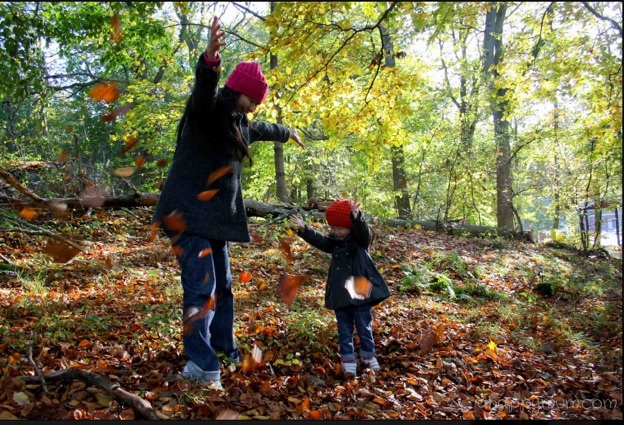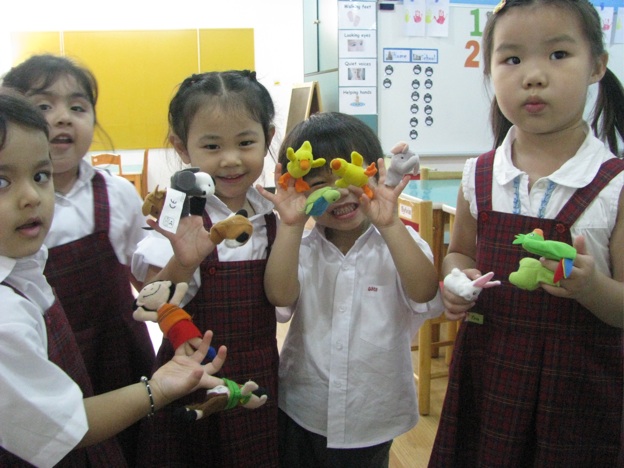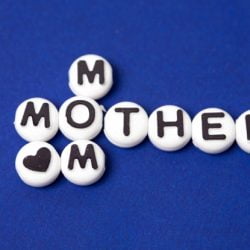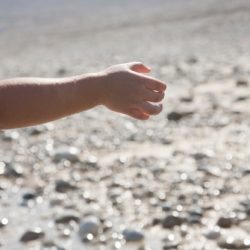SingaporeMotherhood | Parenting
December 2012
Singaporean Mums Abroad: Sweden & China
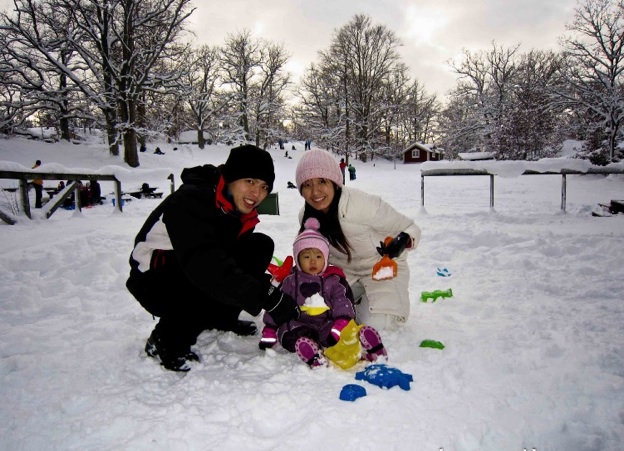
If parenting is tough, doing it in a foreign land and having to adapt to a new culture makes it even more challenging. We speak to four Singaporean women (two now, two next month) to find out how being in a different part of the world influences the way they parent.
[banner][/banner]
SUMMER GOH, KARKSKRONA, SWEDEN
When her Navy husband was posted to Sweden for military training four years ago, 29 year-old Summer quit her job as a Media Executive and followed him across the globe. They have one daughter, Angel, three.
“We wake up at nine in the morning and start the day with an easy-to-make breakfast like a ham and cheese sandwich. My husband returns for lunch at noon so right after breakfast, I get down to work in the kitchen to whip up a meal while Angel plays with her toys or watches a cartoon.
In the afternoon, I bring her out for a walk. Sometimes we go to the library, check out new toys in the one and only toy store, or do grocery shopping at the supermarket. Then we return home for her afternoon nap and it’s back to more cooking again as I prepare for dinner. At times, we engage in a fun craft session where I let Angel explore new ideas. As often as we can, we eat together as a family and after dinner, we either bring Angel out for a stroll or play some games at home with her. Before she goes to bed, she takes her bath and we read books or tell her stories.
Sweden is a very pro-family country. In fact, it has the best parenting leave policy in the world – parents get to enjoy 16 months of combined leave. Public places in Sweden are very family-friendly. There are elevators and ramps at every shopping mall and train station. All the buses also provide ample space for stroller storage. It makes bringing kids out an enjoyment, not a challenge. In fact, I see many parents pushing their strollers, quite a handful being double strollers, every day on the streets and that is certainly a happy sight.
Sweden has a high taxation rate but that also means we get to enjoy welfare benefits here. For example, giving birth is free and vaccinations are also free.
Angel and I love to go out to get a breath of fresh air. We love to hang out by the lake to feed the ducks, walk aimlessly to the shops or simply enjoy a scoop of ice cream in the park. The fact that the pace of life is slow here helps us to relax and appreciate the simplicity of life and the joy of motherhood.”
Summer’s family-friendly recommendations:
- Karlskrona! It’s a really small town but there are some great places here. Other than the beach, park and lakes, we also love to bring Angel to Lekland, a giant indoor playground that has slides, colourful balls and tunnels, and even a mini road safety park where kids can drive their own car and learn traffic rules.
- For outdoor fun, we go to Barnens Gard which has a great pool and swirling water slides. We love to have a family picnic there and after a good swim, we explore other areas like the animal feeding zone where Angel can come up close with rabbits, hens, pigs and goats, the kids play area where she gets to jump on trampolines, play on swings and operate a crane, the driving zone where she gets to drive her own jeep, car and even a giant truck.
DANELLE WOO, GUANGZHOU, CHINA
Creator of clothing brand Aijek, the 33-year-old has been living in China for
the past seven years. Her son, Kai, was born there four years ago.
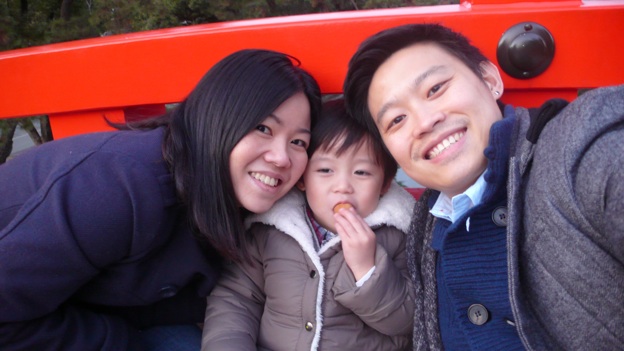
Danelle’s day begins at 8.15am. Her Dongbei nanny (or “Ayi”) helps Kai dress for school and sends him there in a 15-minute cab ride. Danelle then starts her 10-hour work day, which comprises of replenishing fabrics, restocking styles, altering prototypes, making samples, doing quality checks, and having various meetings. At 7.45pm, she arrives home for dinner – prepared by Ayi – with the family. She puts Kai to bed at 9pm then continues working from home. It’s lights out at two in the morning.
“Raising a kid a China is a big deal; not so much in the inland, but the first-tier cities where there are an increasing number of middle-class parents who would give anything to make sure their child is provided with nothing but the best.
Even if they earned a basic salary of S$1,000 a month, most would not hesitate to buy an imported tin of milk powder and have it flown all the way from Japan for over $50.
The Chinese love their kids and due to the scarcity of them, children are more valued here. Kai gets many second looks in China – people will play with him and tease him on the streets, strangers will talk to him because they find him adorable, sales assistants will give him gifts and toys. Because of this, we love raising Kai in China because he gets more social interaction.
The international community is booming in China, as the world looks here for
manufacturing and job opportunities. Thus securing a spot in an international school is not less competitive than in Singapore, not forgetting the added competition from well-off local parents who want their kids to speak English from young. (Kai goes to an international school, and his school fees are sponsored by Danelle’s husband’s company. Danelle’s Singaporean husband works in the hospitality industry.)
Because of the one-child policy, some local Chinese parents seem to be overly
giving to the child. We have seen toddlers hitting their grandparents and kids cutting queues with their parents. Kids that turn aggressive and start hitting other playmates when they throw tantrums are often not managed by their parents or Ayi (who are sometimes their main caretakers).
Once, Kai’s toy was snatched by an older kid. His father was oblivious to what had happened and did nothing. The pair had no intention of returning the toy to Kai and walked away with it. Kai realised that what his mum had taught him about sharing toys amicably with other kids does not always work. Such incidents are rare in Singapore, but here in China, a child needs to stand up for himself more frequently.
Our Ayi is our next to kin in China; we have no family here to help with looking after Kai. Being an Ayi in China, she is taught to attend to the kid’s every need, give in to the kid, feed the kid, and help him when he falls. We wanted to raise an independent kid, who would be able to take care of himself. It took her quite a while to understand that by not helping him, it does not mean that we don’t love him.”
Danelle’s family-friendly recommendations:
When we can spare the time, we would love to bring Kai to Beijing to see the Forbidden City and to Harbin to play in the ice castle slides!
All content from this article, including images, cannot be reproduced without credits or written permission from SingaporeMotherhood.
Follow us on Facebook, Instagram, and Telegram for the latest article and promotion updates.




